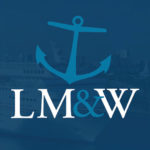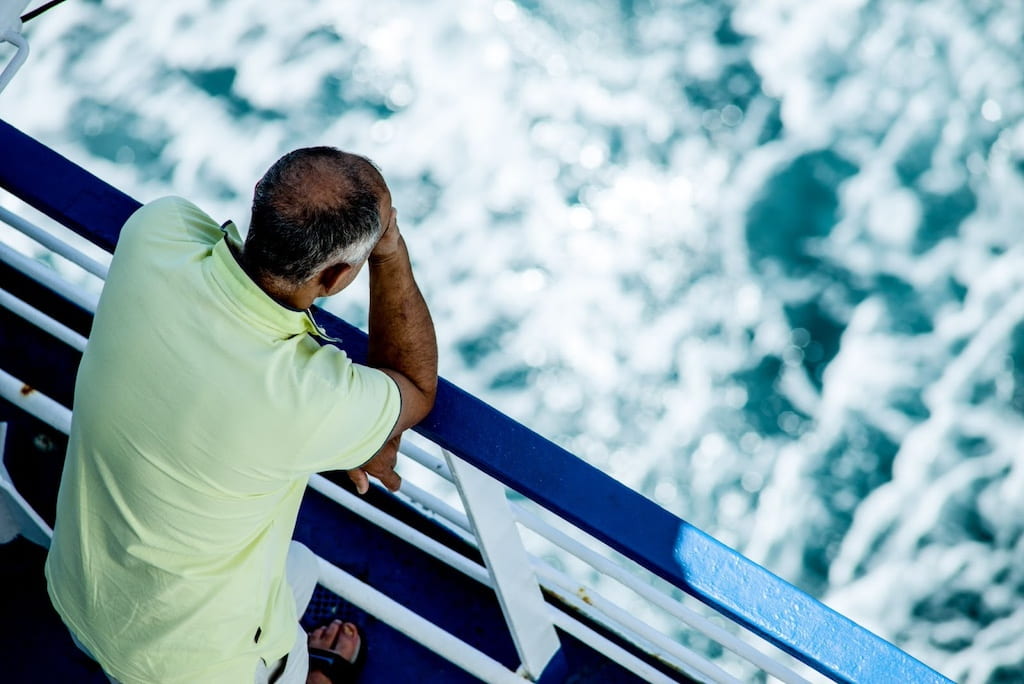
Sanitation is actually one of the few areas that is routinely monitored by the U.S. government. In the U.S., the Centers for Disease Control and Prevention (CDC) have the Vessel Sanitation Program (VSP) in place, which requires each ship that calls on a U.S. port and a foreign itinerary and which holds 13 passengers or greater to be inspected twice a year at random. Lines are evaluated on their cleanliness as well as their ability to prevent and contain a Norovirus outbreak and must be given a score of 86 or higher to pass. If they don’t pass, they have to pay a fine, fix the issue and do the whole inspection over again. The ship will not be able to hold new itineraries until these problems are corrected.
But knowing this, there are dozens of cruise lines that refuse to, or simply cannot, abide by the CDC’s sanitation principles. How a cruise line would rather risk paying a fine and getting its devoted passengers and crew sick over taking preventative measures is beyond us. As cruise injury lawyers, we are puzzled that some of these cruise companies can take a chance with the lives of their devoted patrons, but then again, there’s a lot that happens within the cruise industry that quite frankly makes no sense. Like why cruise lines don’t make safety their top priority or why lines don’t install radar detection systems to aid in rescuing passengers when they fall overboard. In a world of logic and reason, it would only make sense for the cruise industry – a multibillion-dollar industry – to take every precaution to make sure those onboard are safe from harm, in all its various forms. But seeing as how overboard accidents are at an all-time high, Norovirus is spreading rampantly across the Explorer of the Seas, and other tragic accidents and crimes continue to occur at an alarming rate, it appears as though logic is not within the cruise industry’s vocabulary.
It seems the more technology that becomes available for cruise lines to make a huge impact on the safety of their ships, the less likely they are willing to incorporate it. Statistics show that the worst Norovirus outbreaks have occurred within the past five years. In February, 2010, 443 people got sick with Norovirus aboard the Celebrity Mercury, then another 419 got sick again the following month on the same vessel. Princess Cruises’ Crown Princess had a Norovirus outbreak in January, 2010 with 396 people falling ill, then the same ship had another outbreak two years later, this time leaving 363 people ill with Norovirus.
Sure, bad things can happen. Maybe a passenger who is already sick with Norovirus boards a vessel without disclosing their condition and then spread it to others. We can understand this. But one mistake is fine, two, three, four is just careless.
One would think the number of outbreaks would decrease as new technology becomes available to prevent the spread of viruses? Granted, ships are getting bigger these days, which means there is much more of a chance for an outbreak to spread and more people for it to spread to, but that still doesn’t give the cruise lines a free pass.
The bigger ships get, the better their technology should get too. Sanitation is just as important as any other aspect of maritime safety, and one of the easiest to uphold. If cruise lines can’t keep ships from having recurring Norovirus outbreaks, despite the threat of CDC inspections, we can surely not expect them to prevent more serious incidents like assaults, sexual crimes, thefts, or disappearances.
Here’s to hoping the cruise industry finds a better way, because at this point, it seems like that will be the only way things are going to improve.
Published on January 28, 2014
Categories: Cruise Ship Law, Maritime Law, Royal Caribbean Cruises
Get Free
Consultation









